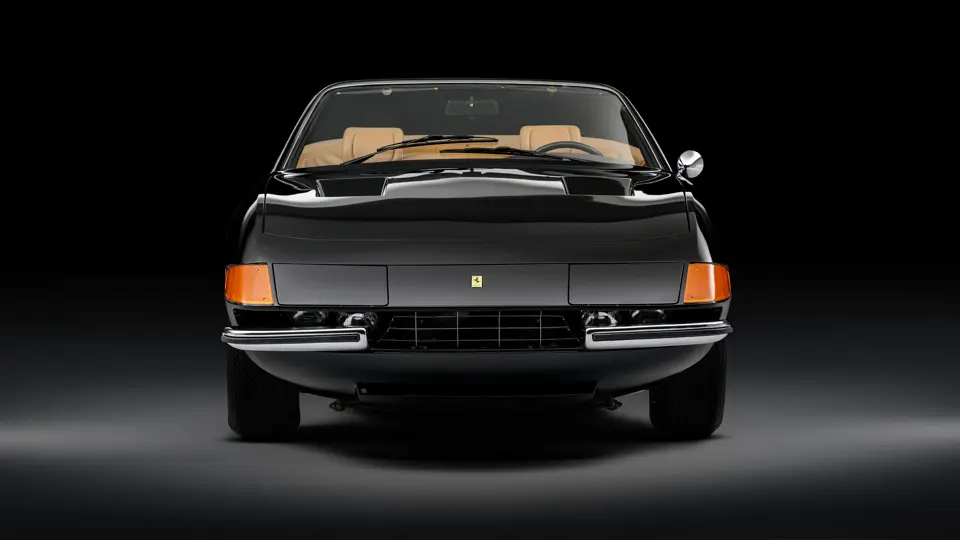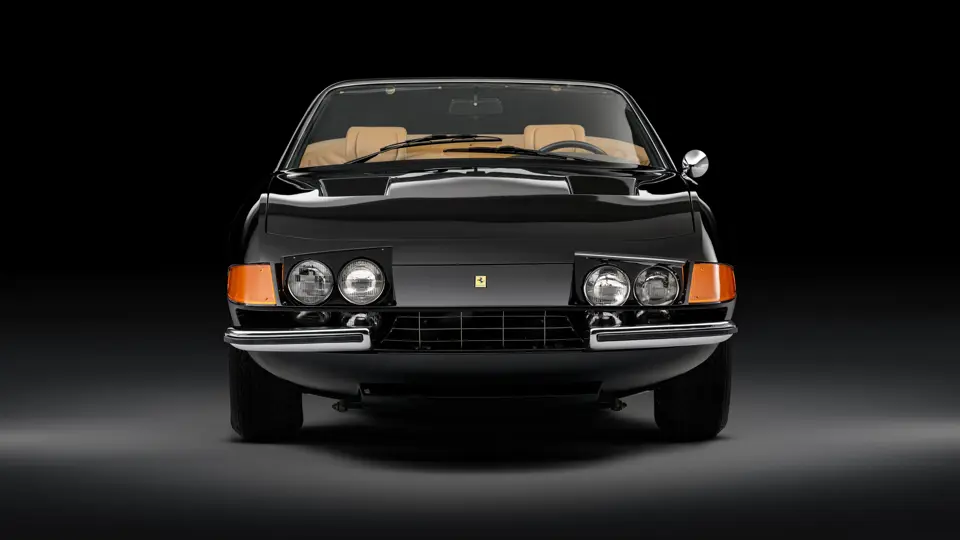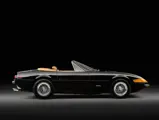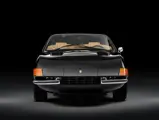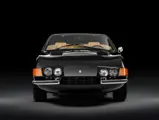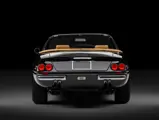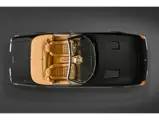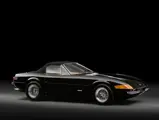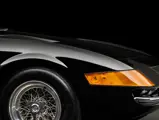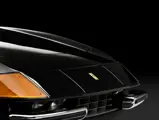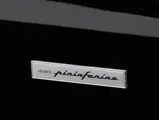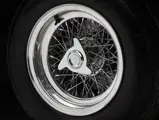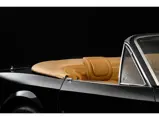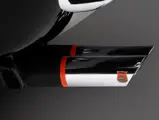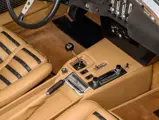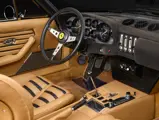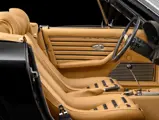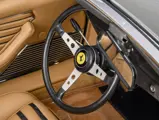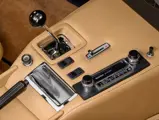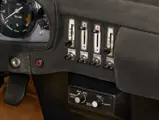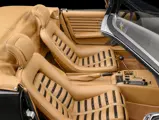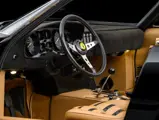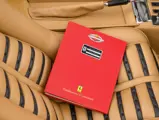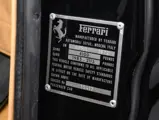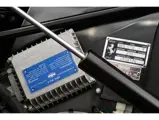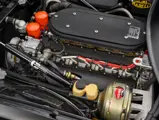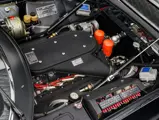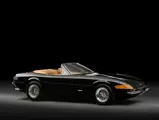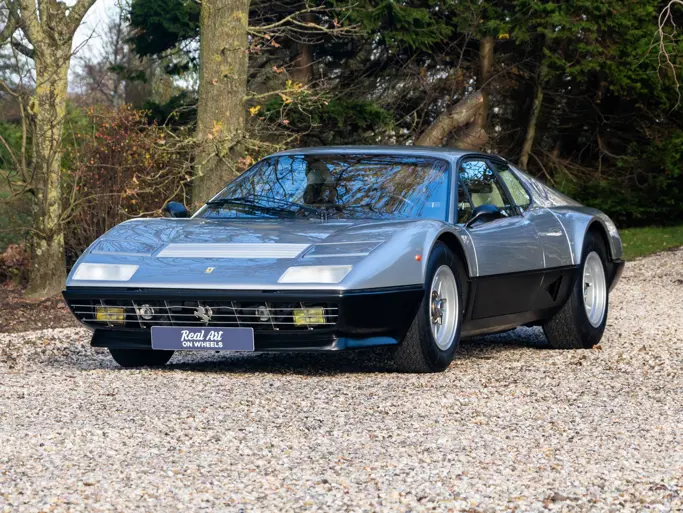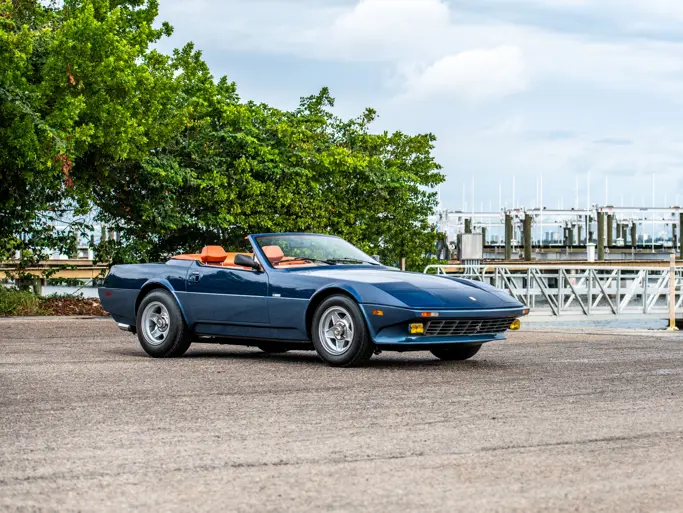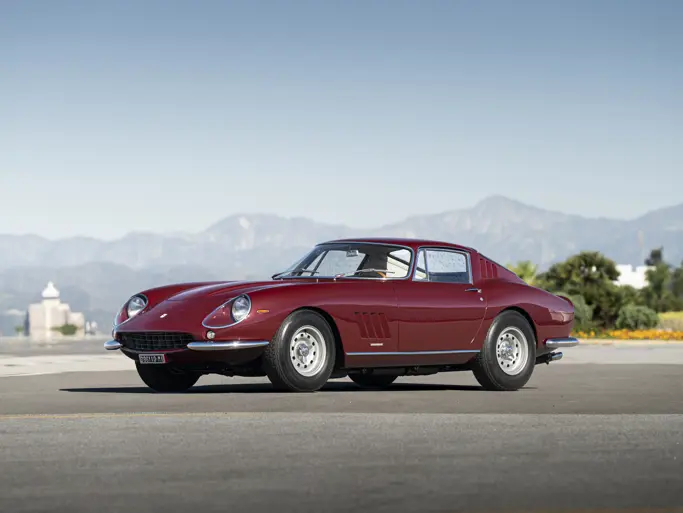
1972 Ferrari 365 GTS/4 Daytona Spider by Scaglietti
{{lr.item.text}}
$2,865,000 USD | Sold
{{bidding.lot.reserveStatusFormatted}}
- The 49th of 121 examples built; one of two cars finished in Nero over Beige Scuro color combination
- Faithfully presented in the original factory color scheme
- Certified with a Ferrari Classiche Red Book; retains numbers-matching engine
- Continues to benefit from a comprehensive restoration completed in 2000
- Platinum Award winner at the 2013 Cavallino Classic
- Presented at the 2018 Salon Privé Concours d’Elegance
- A beautifully presented example of Maranello’s rare open tourer
THE DAYTONA DROP-TOP
Without a doubt, the Ferrari 365 GTS/4 Daytona Spider holds a unique cachet among the marque’s vintage front-engine V-12 convertibles, combining rarity and arresting design while occupying an important perch in the manufacturer’s genealogy. Ferrari announced the 365 GTB/4 Berlinetta in 1968, introducing the company’s first 4.4-liter dual-overhead-cam engine in a road car. Clothed in Leonardo Fioravanti’s revolutionary shark-nose coachwork, the model was actually a stopgap effort that surprised everyone with its sheer success while a forthcoming rear-engine flat-12 model remained in development. It would be the last of Ferrari’s great front-engine grand touring machines for over 20 years, an exclamatory statement of power and style that capped a legendary tradition.
With a staggering output of 352 horsepower, the 365 GTB/4 dethroned the Lamborghini Miura as the world’s fastest production car. As a direct development of the 275 GTB/4, it utilized dry-sump lubrication that enabled a lower placement of the engine, a five-speed transaxle that provided ideal 50/50 weight distribution, and all-wheel independent suspension. As a result of this competition derived mechanical design, the Daytona offered crisp handling characteristics at speed. Wide wheels with superior tire contact and four-wheel disc brakes rounded out a superb all-around package that eventually proved just how potent it was with three class victories at Le Mans and several years of dominance in Group 4 GT racing.
That the model was nicknamed “Daytona” in honor of the company’s dominating 1-2-3 finish at the 1967 24 Hours of Daytona has become a point of legend, even if the name was not officially sanctioned by Enzo Ferrari. At the 1969 Frankfurt Motor Show, Maranello introduced a striking open variant that revealed how handsome the coachwork became when the roof was removed. Endowed with a purity of line and stance, the new spider’s collectability was assured when only 121 examples were produced.
As the final front-engine open Ferrari to feature a derivation of Gioacchino Colombo’s classic short-block V-12, the Daytona Spider was the ultimate evolution of nearly 20 years of development, and the final hereditary successor of a generation of vintage Ferraris.
CHASSIS NUMBER 15417
In addition to its inherent rarity, this fine Ferrari claims certification by Ferrari Classiche as well as exhibition at some of the niche’s most discerning events, resulting in a particularly desirable example of the celebrated open Daytona. According to the research of marque expert Marcel Massini, chassis number 15417 is the 49th Daytona Spider built, and the car is one of just two examples finished in the handsome color combination of Nero paint over a Beige Scuro leather interior.
Specified for distribution to the United States with instruments in miles, the Ferrari was factory-equipped with air conditioning, a Voxson Sonar radio with electric antenna, and a tonneau cover. The 365 completed factory assembly in April 1972, and six months later the spider was invoiced to Luigi Chinetti Motors and airfreighted from Rome to New York City. Though the Daytona was originally ordered by Dr. Calvin Stevens, the founder of a Florida-based chemical company called Ash Stevens Inc, the car was ultimately sold new in March 1973 to William Whitelaw, Jr. of Dublin, Ohio. Mr. Whitelaw did not retain possession for long, however, as within a year the spider passed to Robert Smith of Hinsdale, Illinois.
While the Ferrari’s history over the following 17 years is currently unknown, it is fair to speculate about the potentially excessive lifestyle of the car’s caretaker, as the spider was apparently impounded by the US Drug Enforcement Agency in December 1991. A year later 15417 was offered by Florida resident Sam Richter, and in 1995 the Daytona was sold to Jeffrey Schwartz of Tenafly, New Jersey. Mr. Schwartz opted to conduct a full restoration, and from 1998 through early 2000 the spider was comprehensively refurbished by Frank Triarsi’s esteemed Classic Coach Repair in Elizabethtown, New Jersey. This work included refinishing the exterior in the proper shade of Nero, while the interior was re-trimmed with tobacco leather.
Shortly thereafter the Ferrari was acquired by a Florida-based collector who went on to keep the car for a respectable period of 12 years. This owner sought to optimally preserve the restoration to the greatest possible degree, and consequently he reportedly drove the Daytona only about 150 total miles during his dozen years as caretaker, while consistently treating the car to annual service by marque specialists. In 2011 the spider was submitted to Ferrari Classiche for certification, and a Red Book was issued. Importantly, it retains its numbers-matching engine.
In March 2012 the beautiful Ferrari was offered at RM Auctions’ Amelia Island sale, and it was purchased there by a collector from New Canaan, Connecticut, who went on to proudly present the car at the Cavallino Classic in January 2013, winning a Platinum Award. The Daytona was again offered at RM’s Amelia Island event two years later, and it was then sold to collector David Moores of Liverpool, England, whose estate is currently offering the car. During Mr. Moores’ ownership, the interior was reupholstered in the proper shade of Beige Scuro, and the owner presented the spider at the ultra-exclusive Salon Privé Concours d’Elegance at Blenheim Palace in September 2018.
It is worth noting that Daytona Spiders provide a substantially different driving experience than their closed berlinetta brethren. With the top lowered, drivers can not only enjoy the brisk elemental rush of wind and ambient environment, but they are furthermore treated to an unimpeded chorus of the roaring V-12’s symphonic performance. This well-restored example, finished in a rare and highly desirable color combination, offers both roadgoing enjoyment and the potential for further concours display, enriching the innate rarity characterized by this very special Prancing Horse.
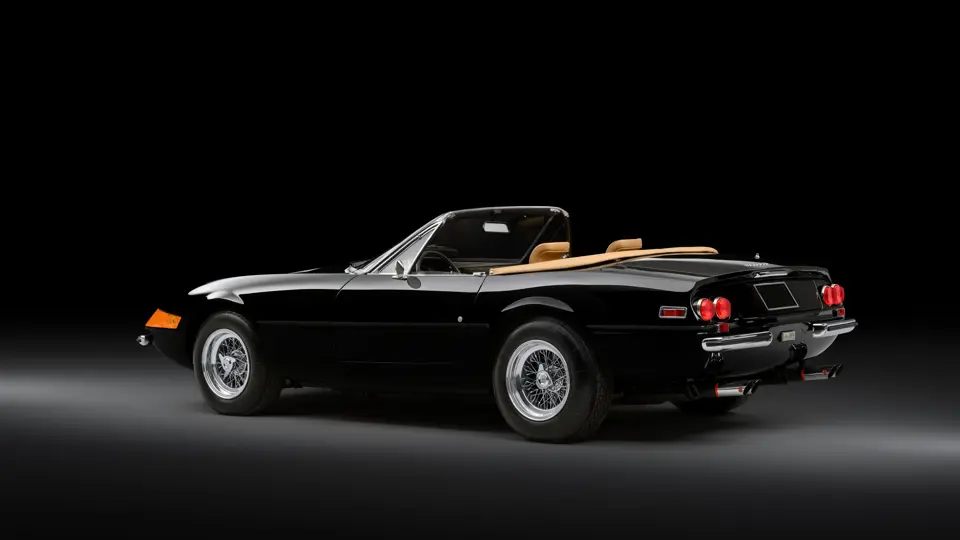



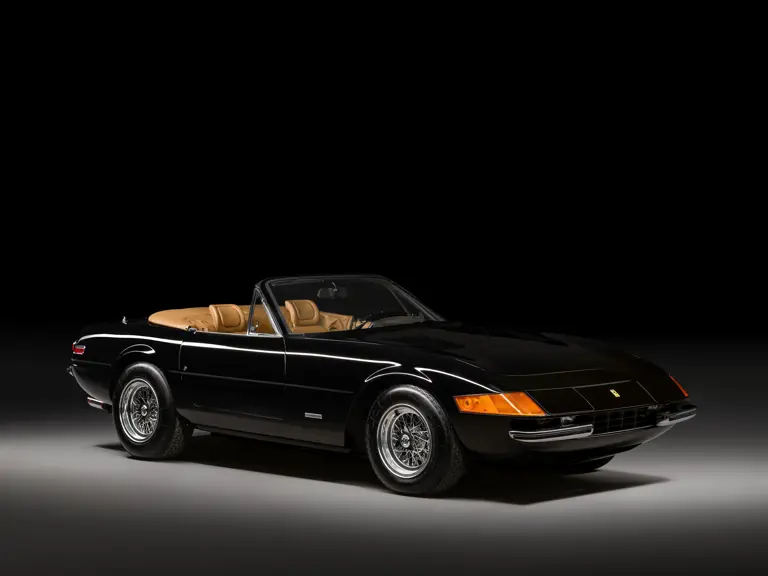
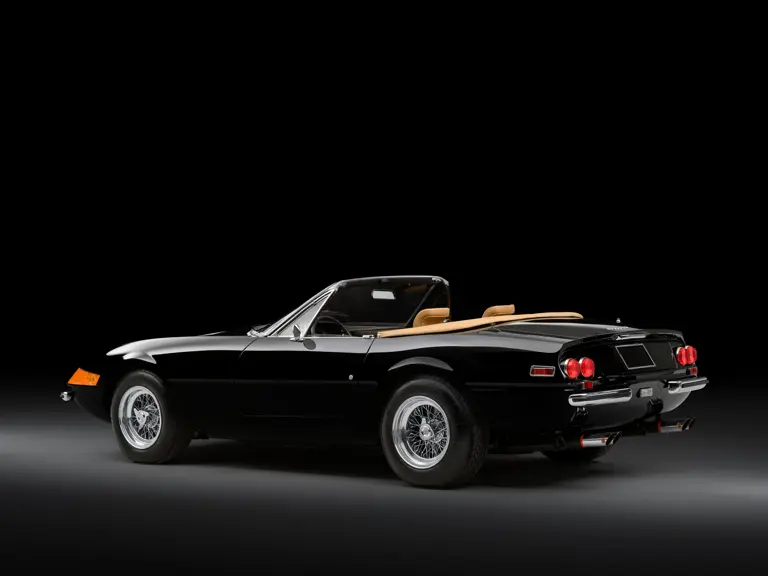
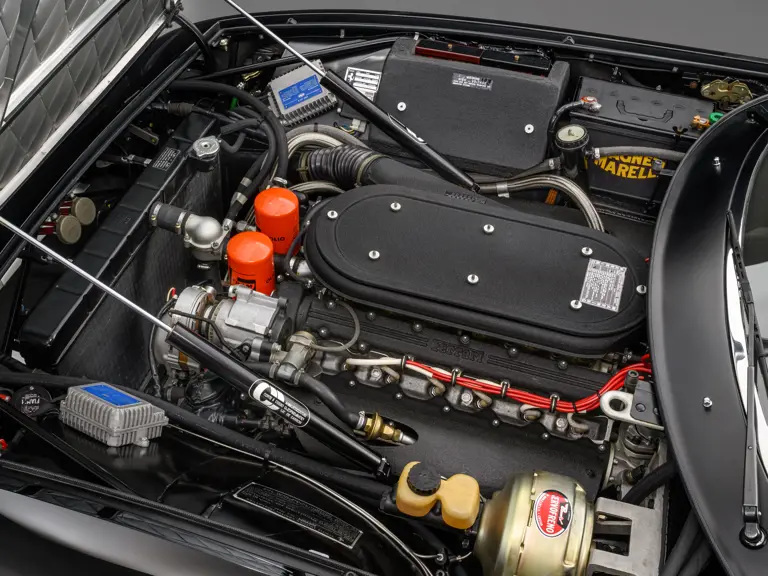
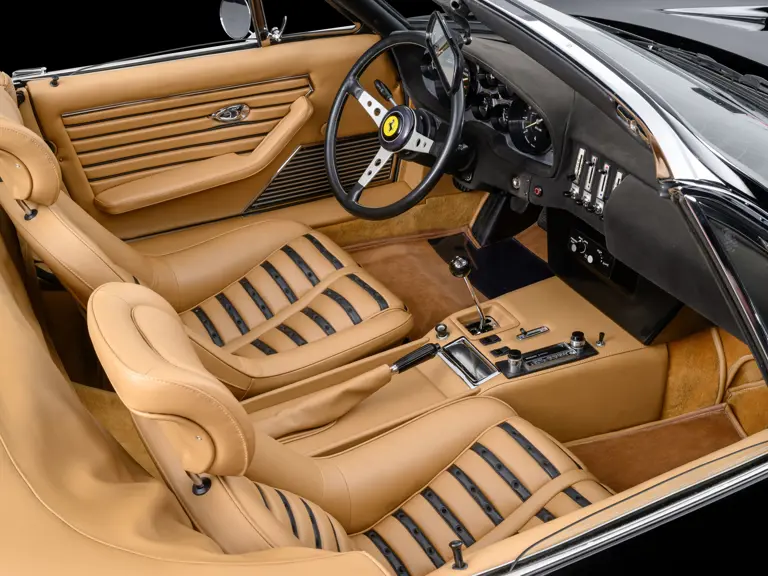
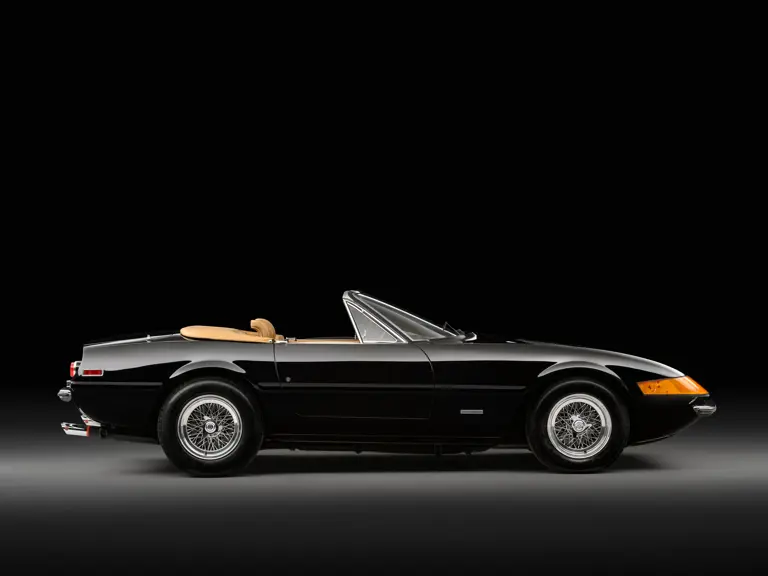
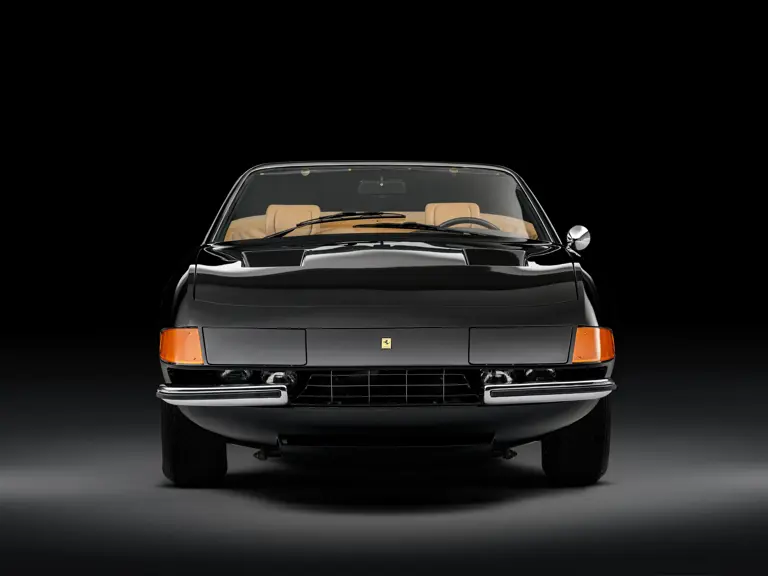
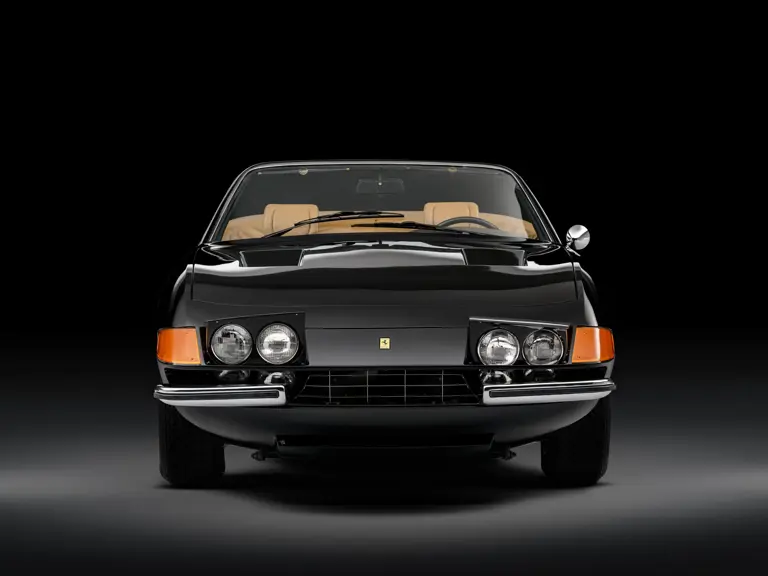
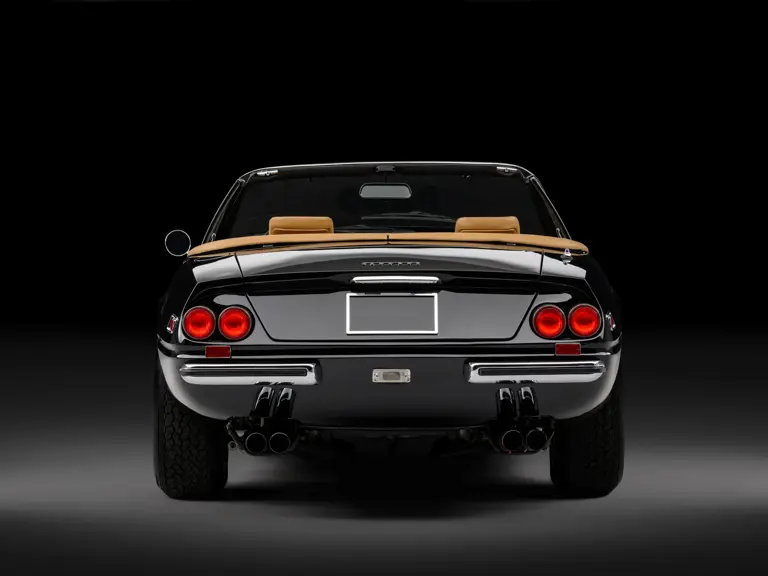
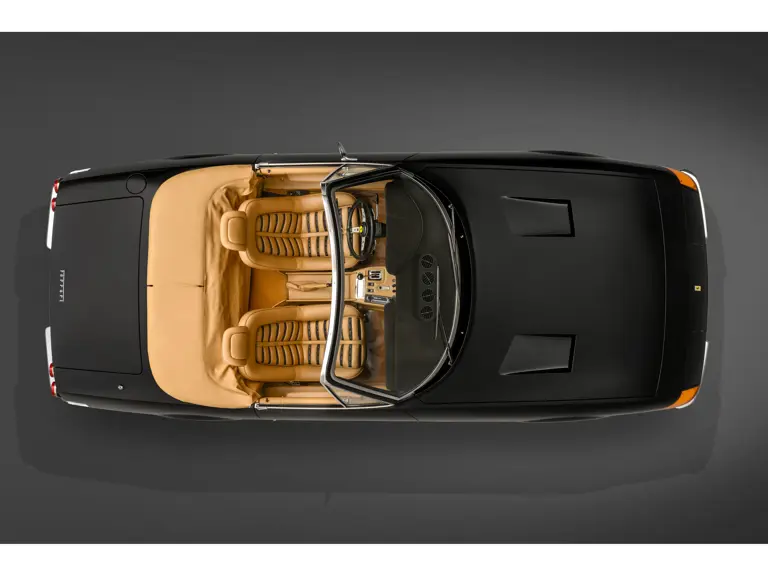
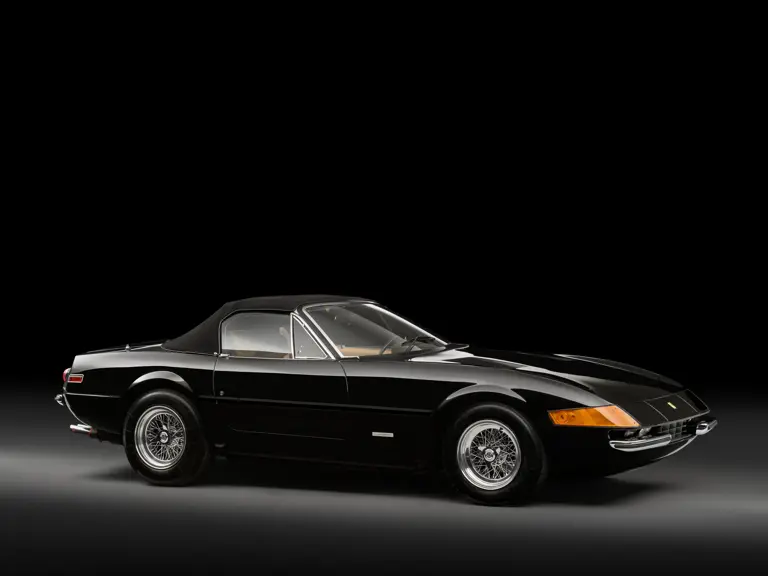
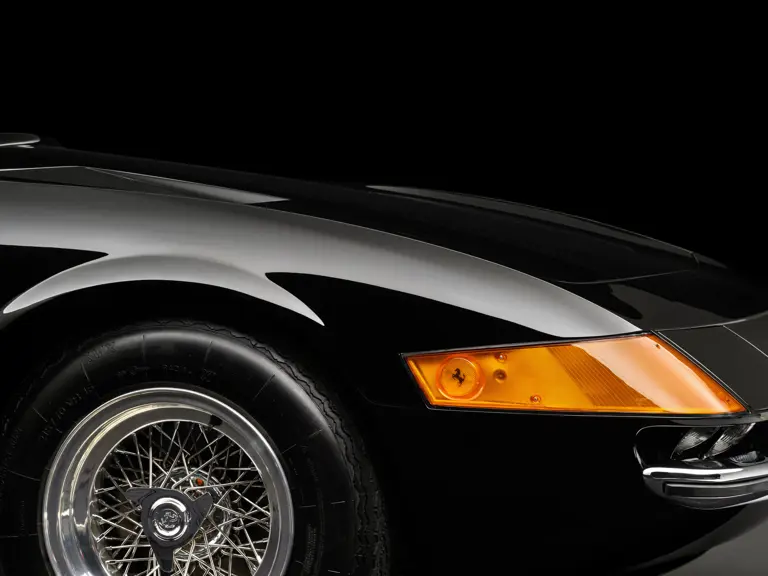

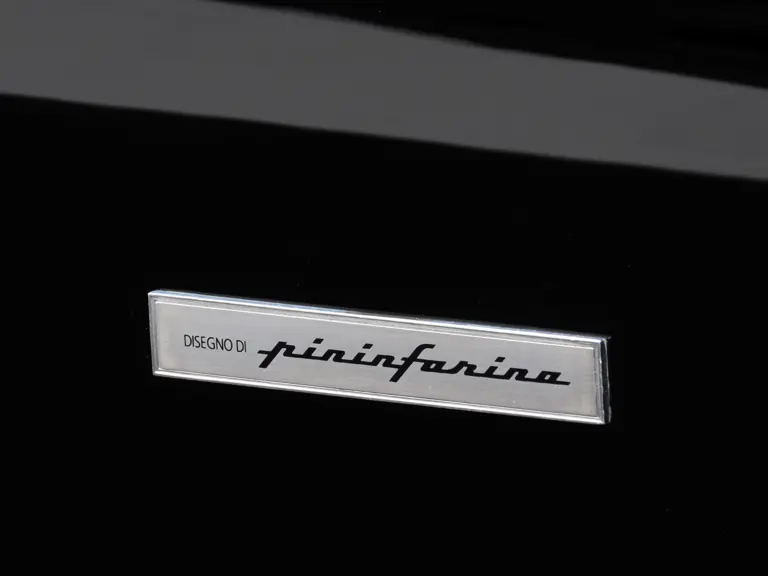
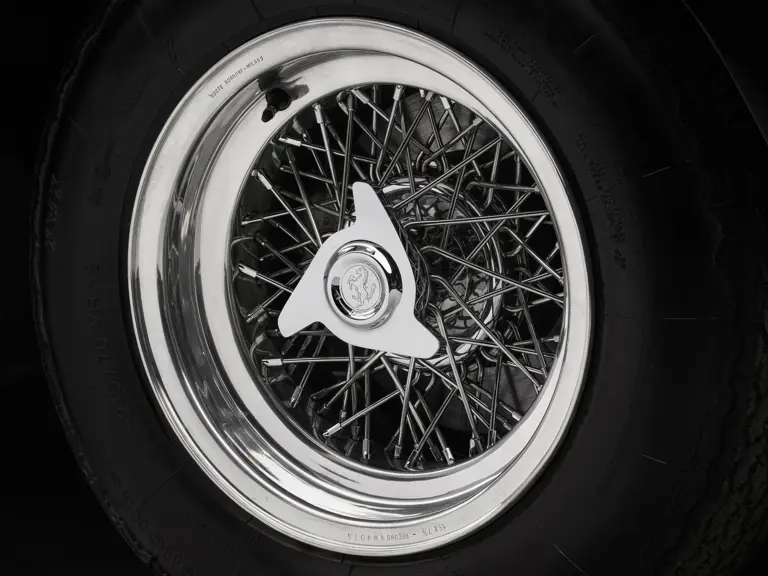
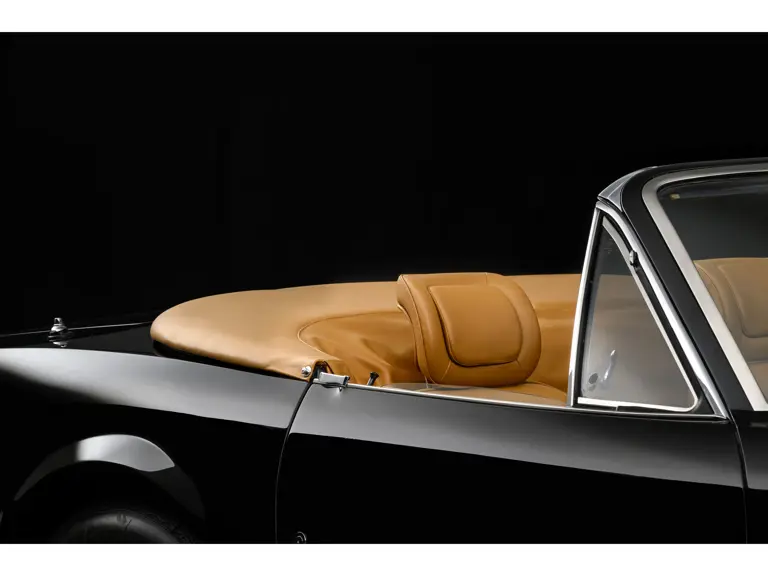
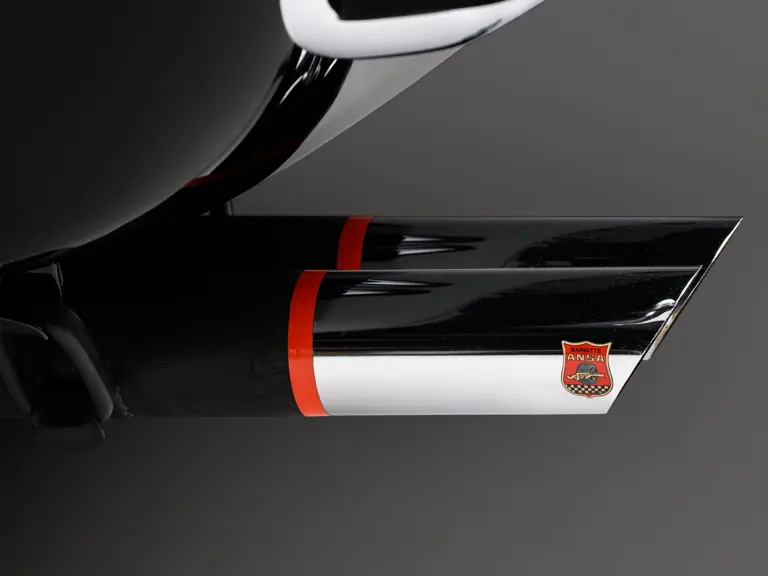
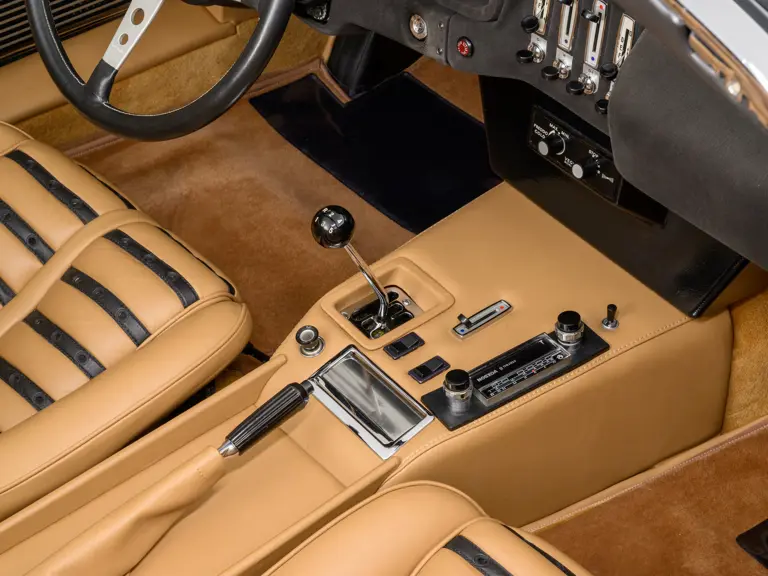
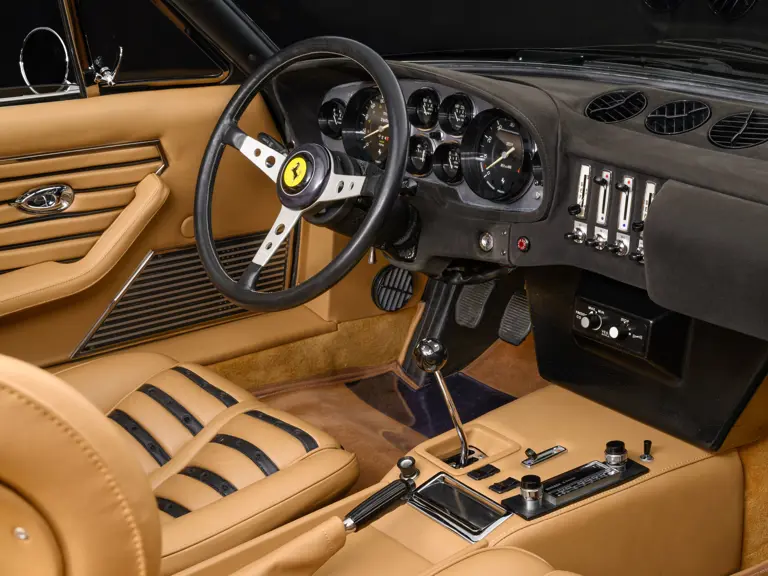
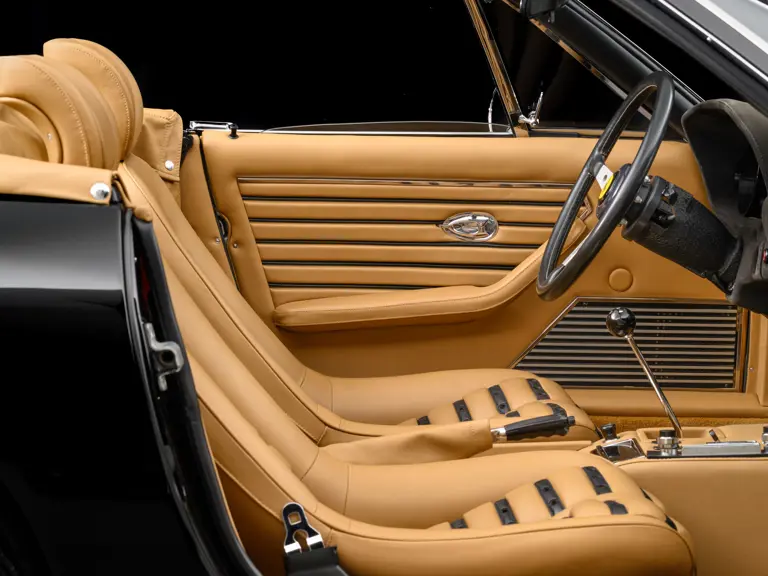
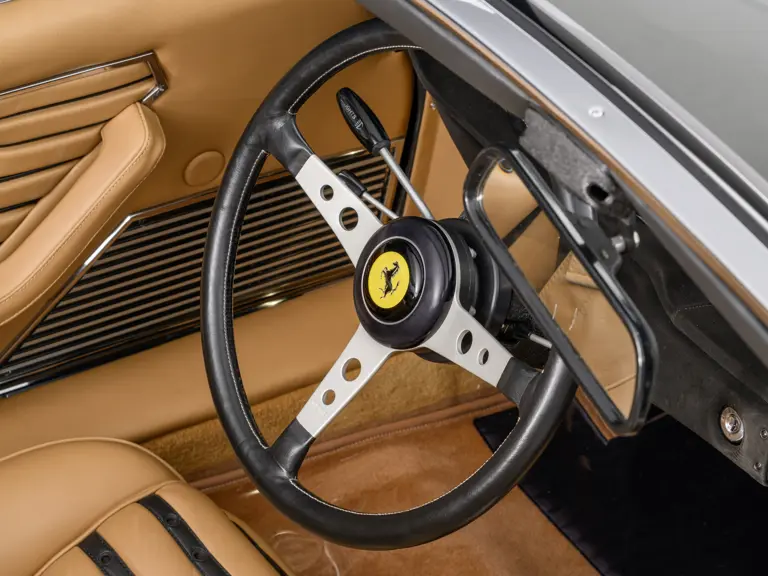
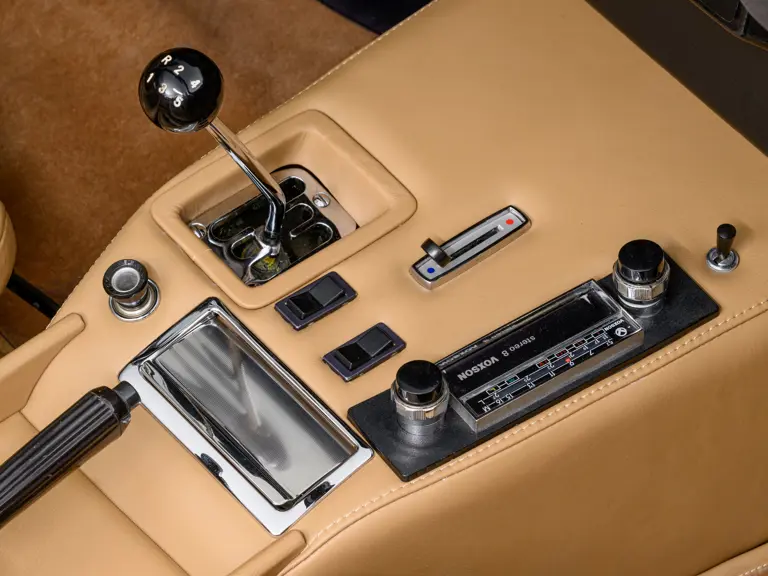
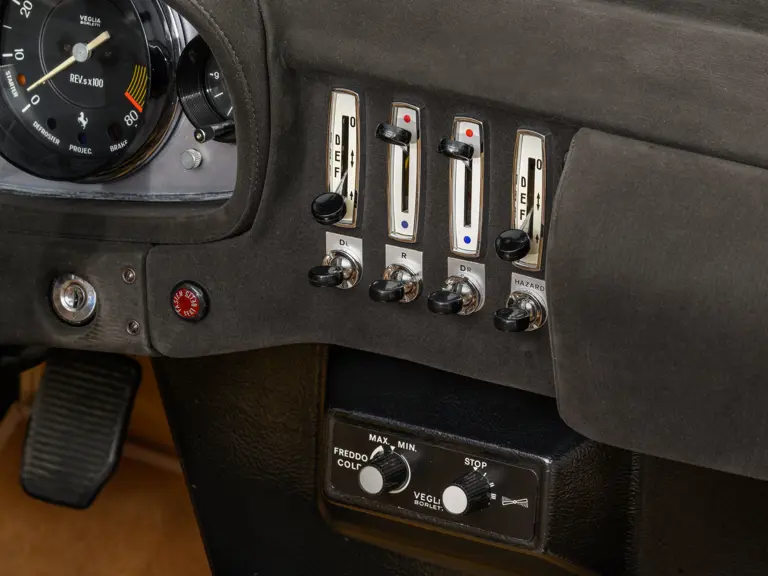
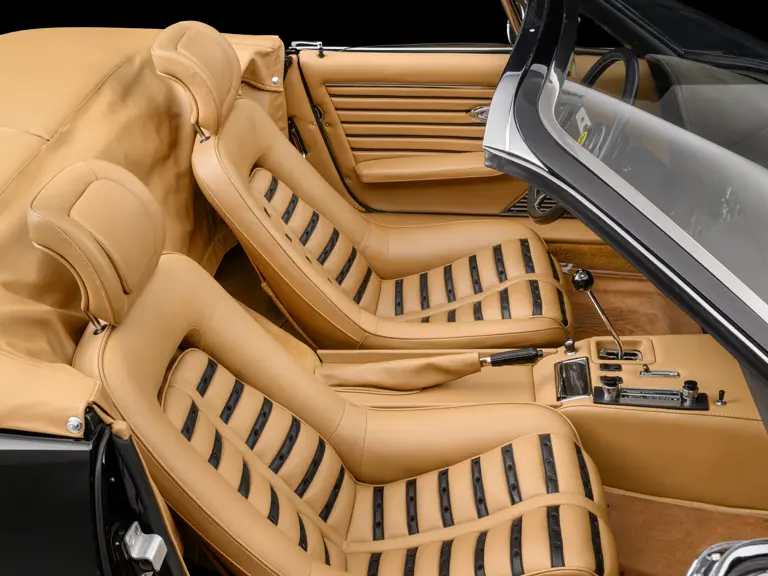
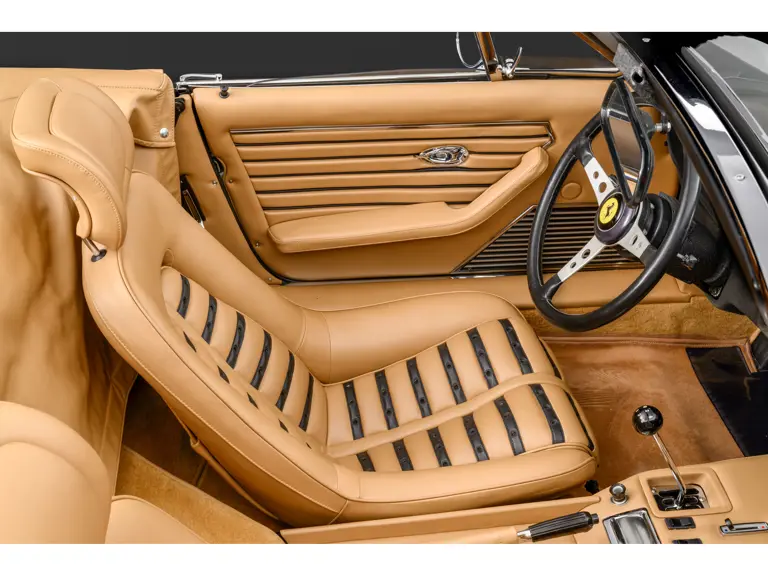
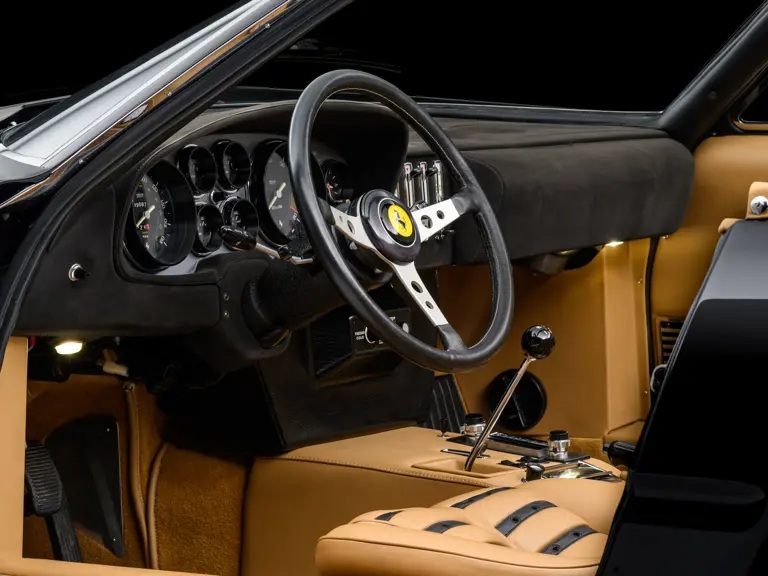
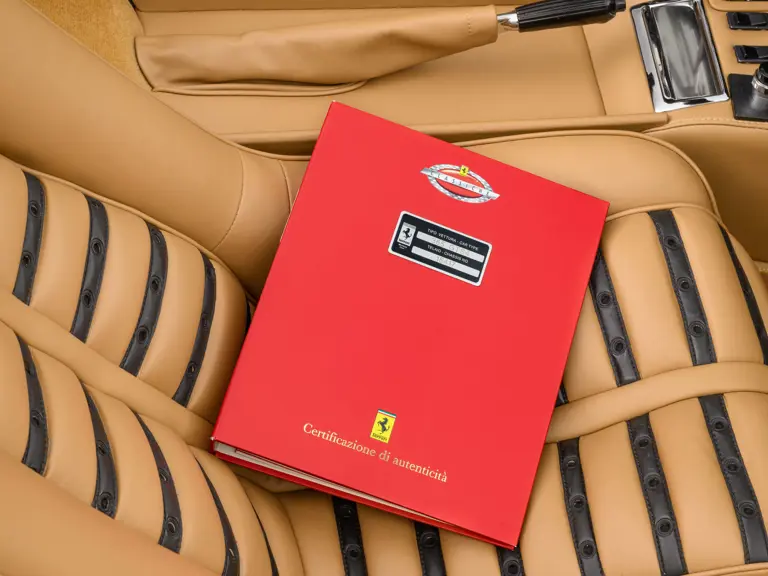
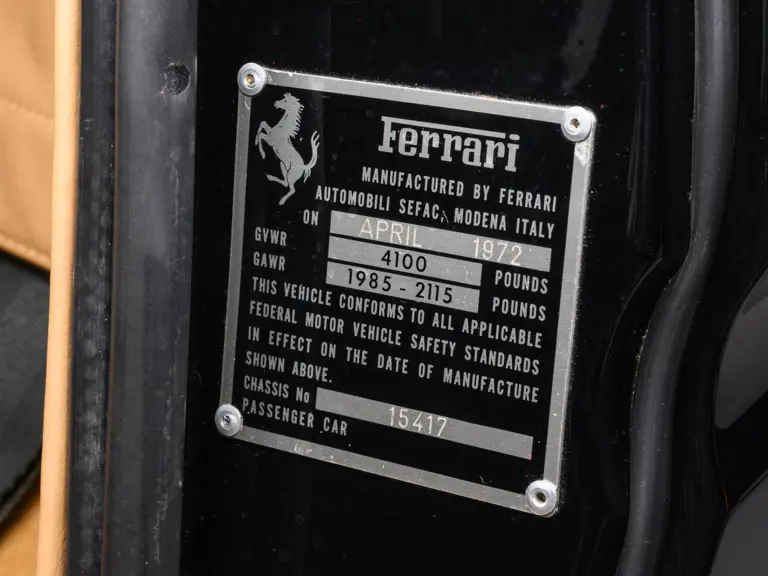
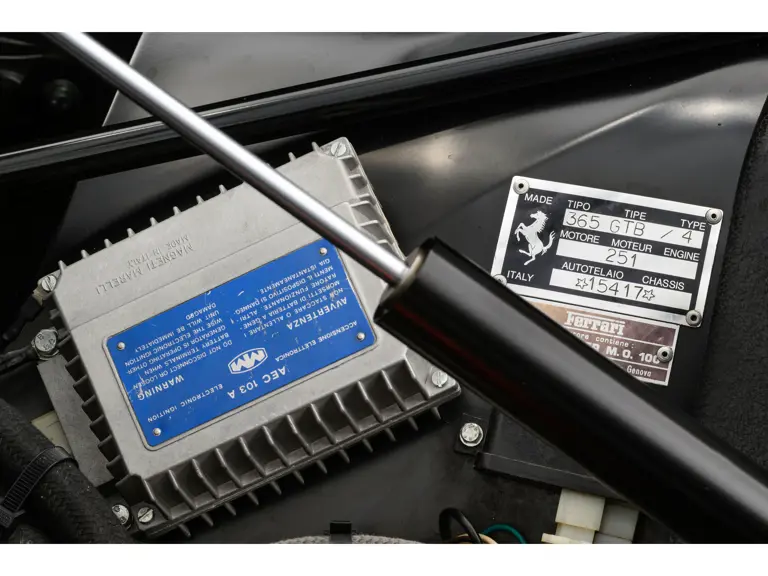
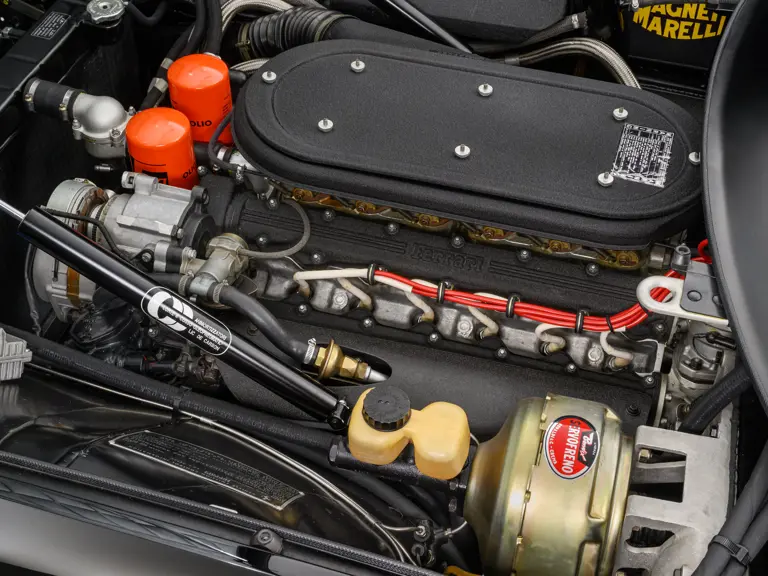
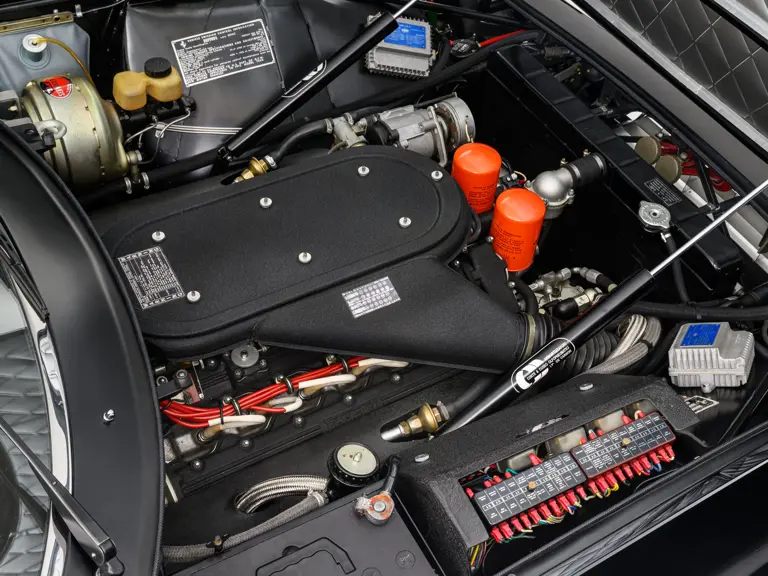
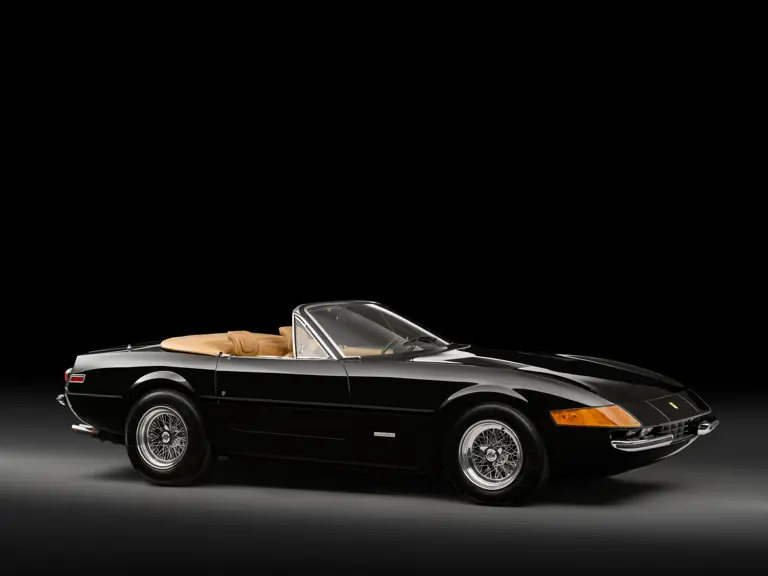
 | Monterey, California
| Monterey, California

